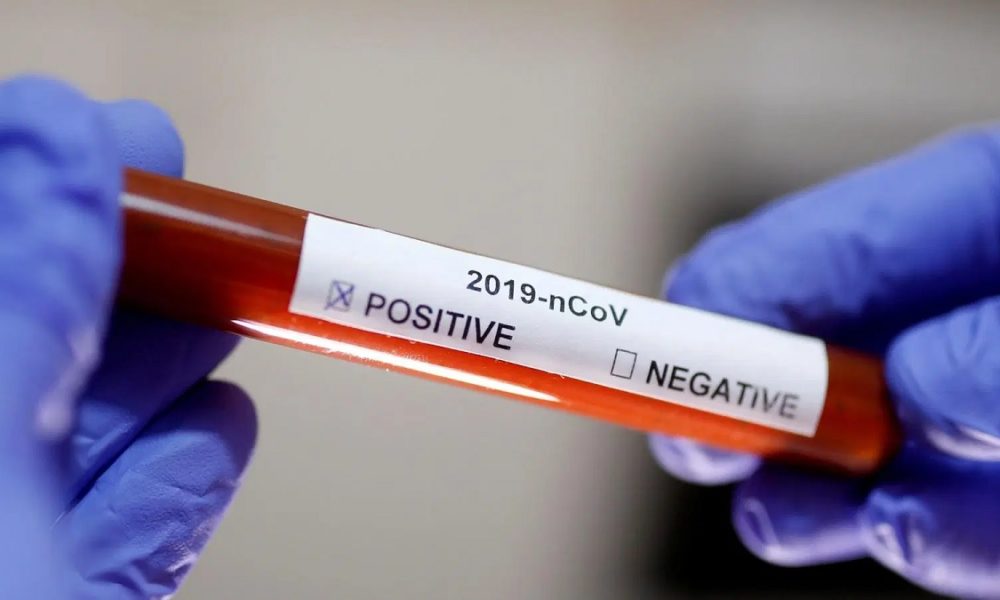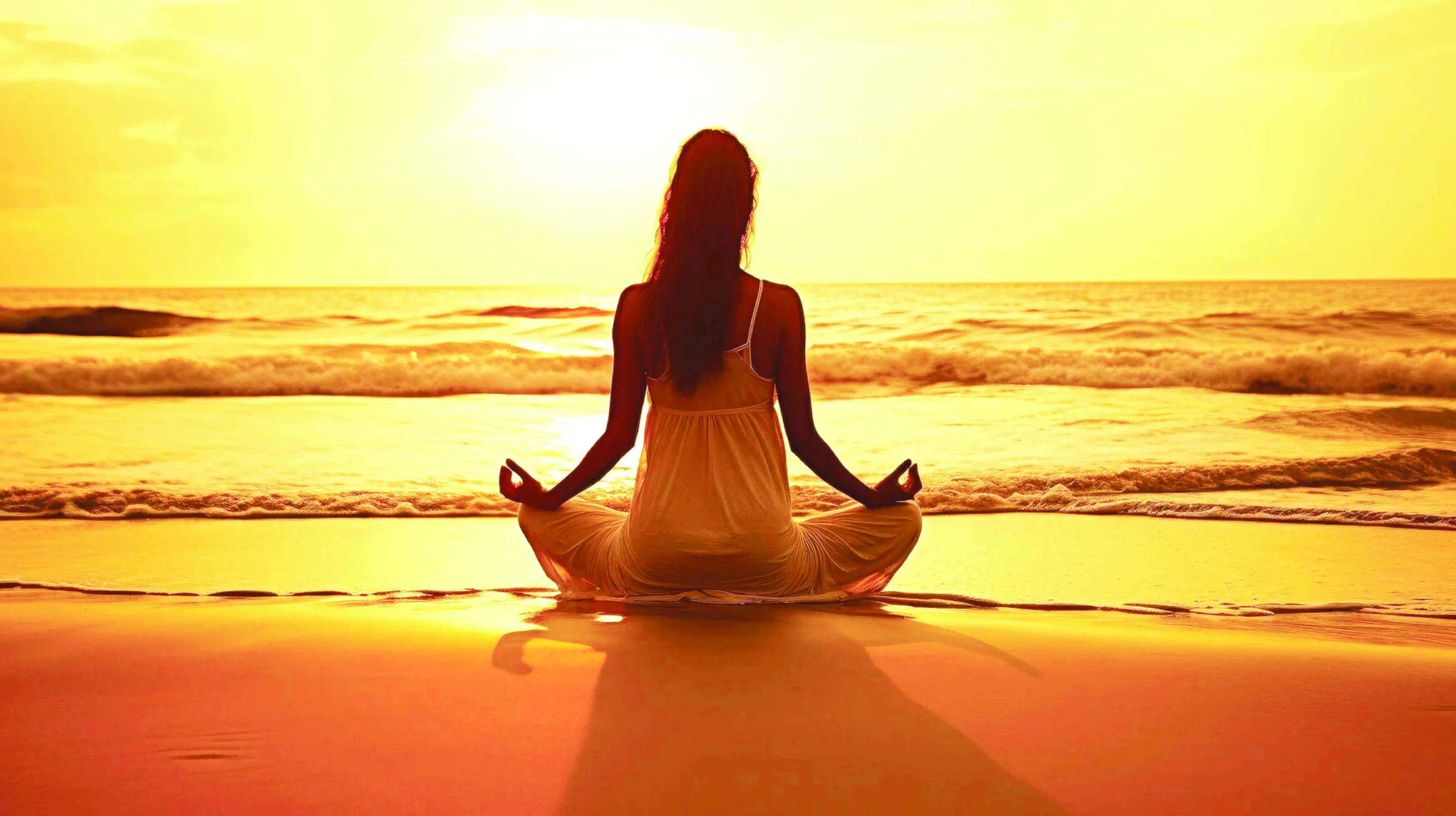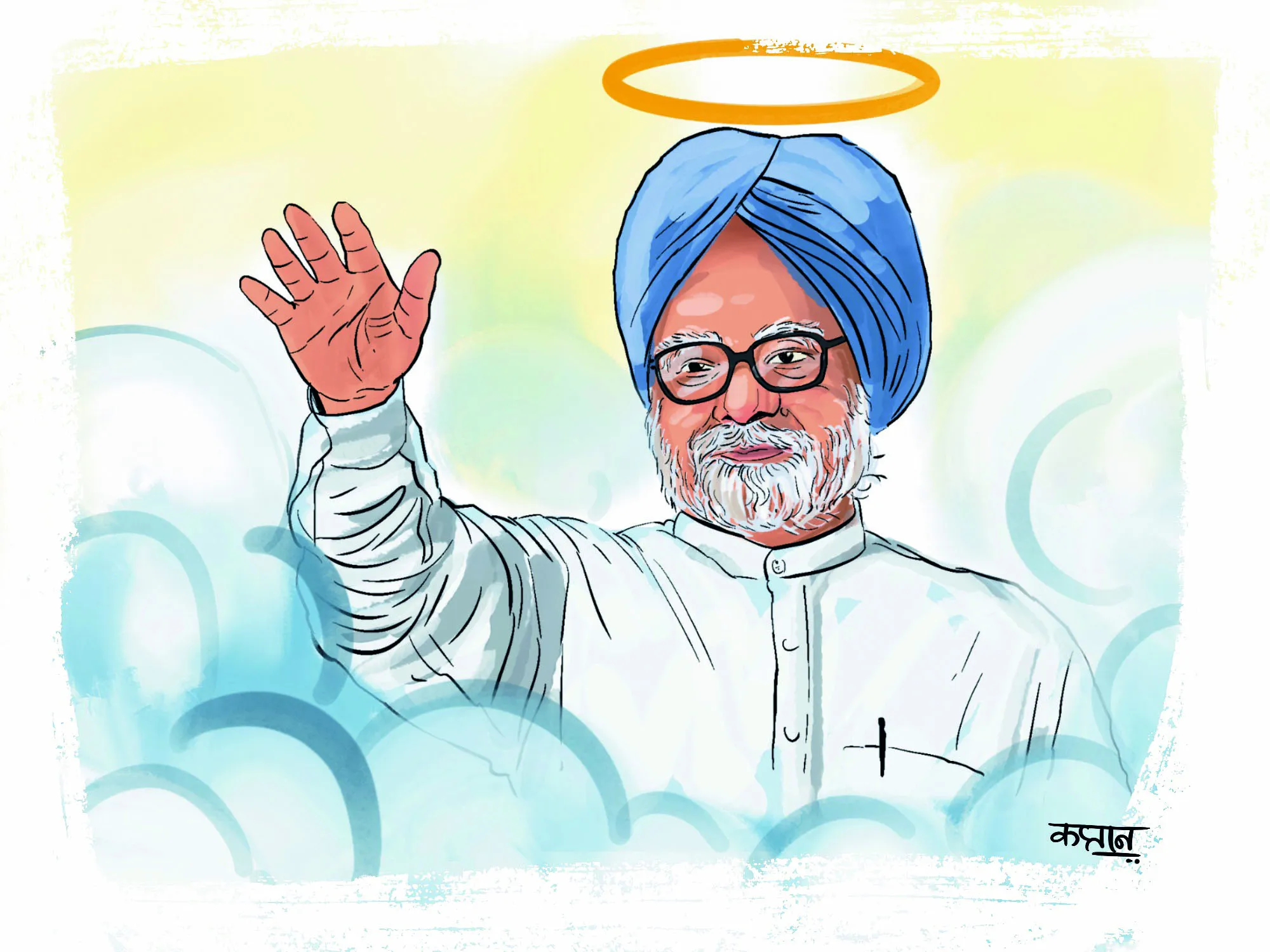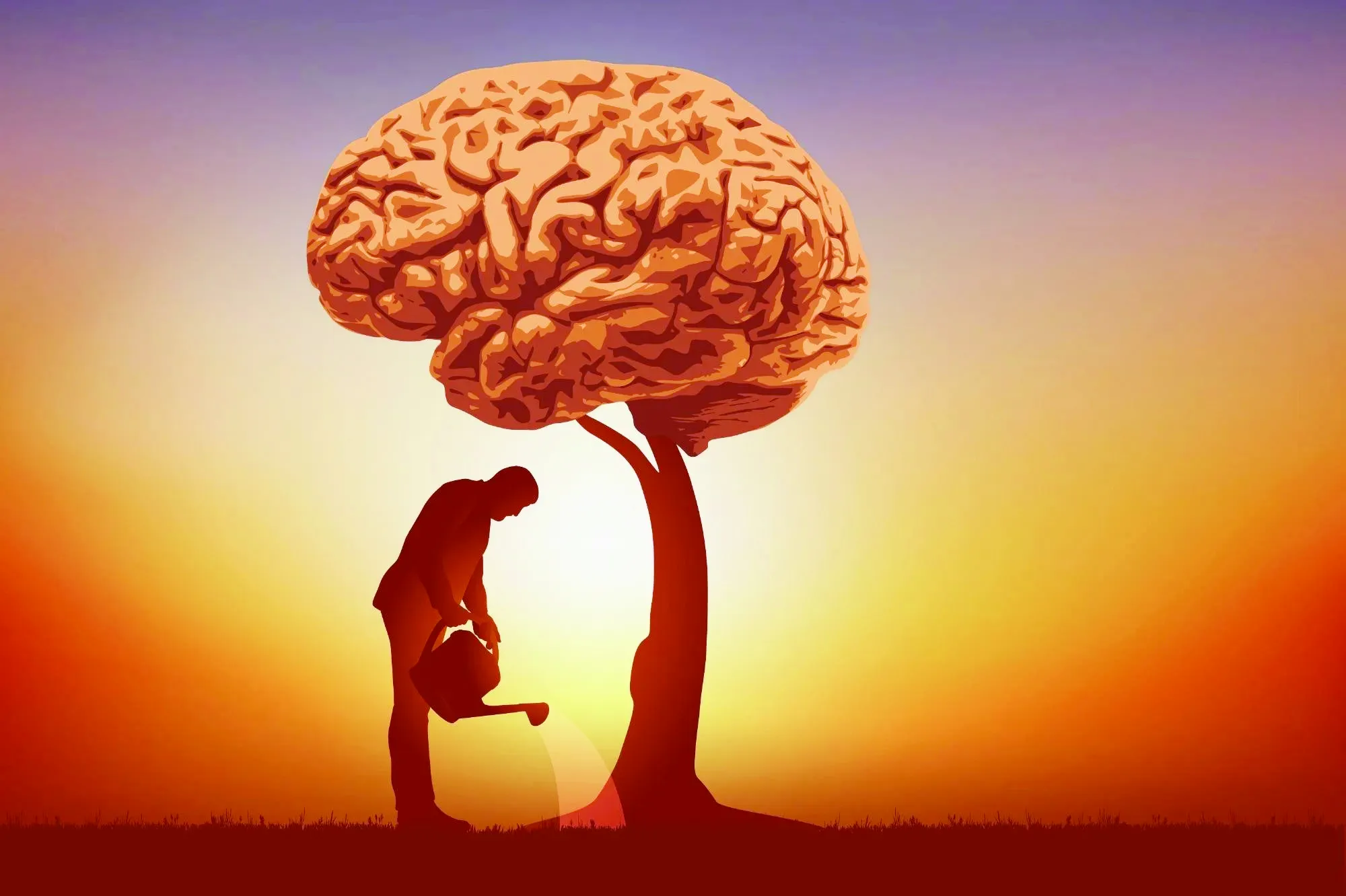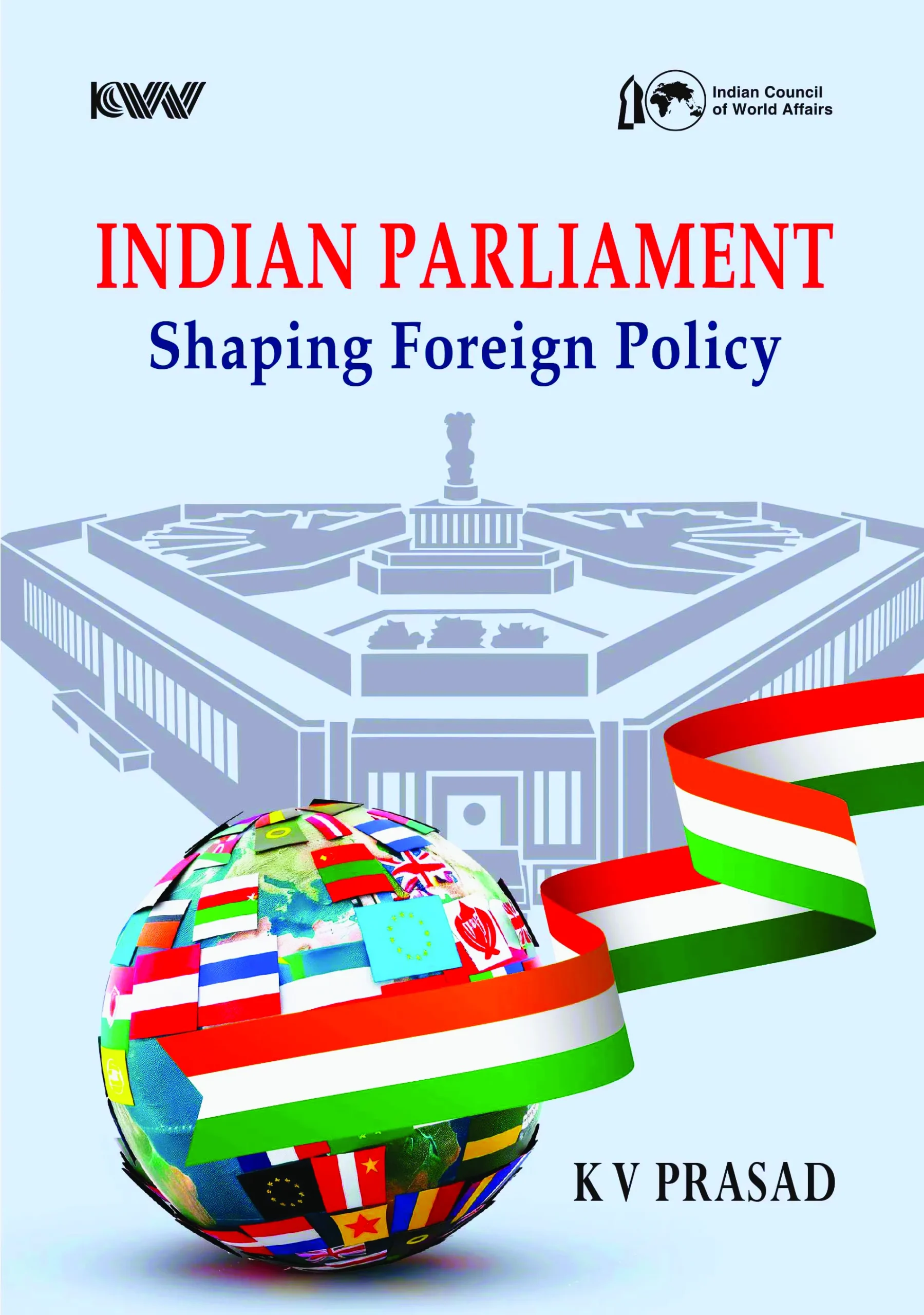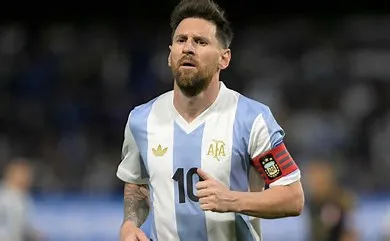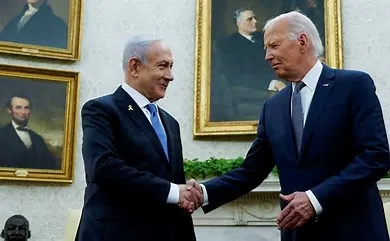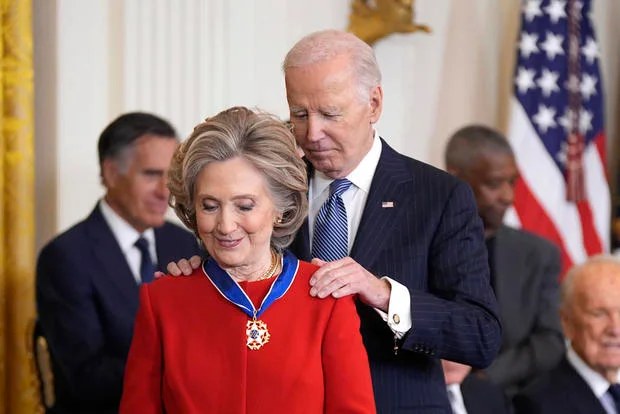It was the famous American popstar Madonna who a couple of weeks ago called the coronavirus pandemic “a great equaliser”, since it didn’t discriminate between rich and poor. The term caught on and resulted in many questions and hesitations. When British Prime Minister Boris Johnson was admitted into hospital and then into the ICU, with Covid-19, it didn’t just signal that the virus was deadly and spreading, it also showed that no one (not even the high and mighty) was safe from it. Several celebrities were impacted. Tom Hanks and his wife Rita Wilson confirmed their diagnoses in Australia a few weeks ago. The question became a matter of time when other famous faces would come down with the virus next.
Even Heidi Klum, who said she could not get a hold of a test, revealed she’d been experiencing symptoms. Indira Varma, the Game of Thrones star, and singer Kanika Kapoor were also tested positive. And several sports personalities too. Canadian Prime Minister Justin Trudeau’s office reported that his wife, Sophie, had tested positive for Covid-19. And both Prince Albert of Monaco and Prince Charles in England were also afflicted. (This despite the fact that Prince Charles was shown in several videos before that resorting to the Indian namaste for greeting people rather than the traditional handshake.) Spain’s Deputy PM, the Israeli and British Health Ministers and the Iranian Deputy Health Minister, as also Australia’s Home Affairs Minister are only some of the political big wigs that also were struck with the virus. Even Harvey Weinstein in the US, sentenced to 23 years in jail for rape, has not been spared. The writing on the wall appears clear and grim. No one, yes no one, no matter how high and mighty, can be presumed to be spared. Anyone can be afflicted with the virus.
Covid-19 is truly an equaliser. The true meaning and implication of globalisation is that in but a transient period a virus is transported across the world — global aviation and shipping ensure that. This is how the virus has travelled across the globe and spared no society. It has become in many ways the face of globalisation. This term ‘great equaliser’, however, has not been accepted so readily. There have been many theories about who is more at danger. Older folk, those with existing ailments, the poor and initially Asians (when this like other infections like Zika, chikungunya and malaria was mostly seen as ‘tropical’ or ‘diseases of the South’). Days ahead proved otherwise. Anybody anywhere could get it and that has resulted in global anger and global consternation. Many articles across Western societies, however, are arguing that Covid-19, like most other disease, is not blind to wealth, race and gender. This pandemic is not the great equaliser, because in reality it shines a spotlight on our disparities and widens those gaps — within communities and across countries. Research in the US is showing that Blacks and Latinos are getting disproportionately affected. But then these are the majority of the frontline health workers and these communities have perhaps a greater share of pre-existing health issues. In developing countries experts are arguing that the poor are more susceptible. There is a similar fear in India that urban slums could be the next hotspots.
The recent breakout of the virus in Dharavi, the Mumbai slum, is a poignant reminder that persons living in slums are more susceptible to the virus. During these stressful times, forget the inequality of wealth, the downtrodden are least equal in getting access to decent healthcare in case of illness. The poor have suffered the most due to lockdown. Countless migrants had to travel miles on foot to reach their villages/ home state. The low-income health workers, ambulance drivers and sanitation karamcharis have had to toil day and night facing great danger to their health whilst celebs and the well-healed have uttered platitudes that ‘we are in it all together’ from the comfort of their homes. Yes, conditions in the slums across South Asia are not good. Fortunately, the lockdown is keeping the figures low for the moment. It is a fact that no one is immune to the coronavirus and, therefore, it’s important that we have strategies in place that take care of every individual because without that we shall all remain in danger.
The lessons emerging from this crisis are clear — everyone’s health is linked to everyone else’s. From poor street vendors to top corporate executives, the consensus is that we are all in this crisis together. True, but the privileged do have an advantage in their face off and treatment. This gap in society has become accentuated and needs to be addressed in the future. Covid-19 is probably not the great equaliser, but it could finally get us to address inequality. As the famous Beatle, John Lennon, sang, “Imagine no possessions…” is ringing true when millions of poor are becoming unemployed. Coronavirus, if anything, has further contributed to this inequality. The writer is former Union Secretary, Ministry of Overseas Indian Affairs, and ex-Secretary General, Federation of Indian Chambers of Commerce and Industry.

